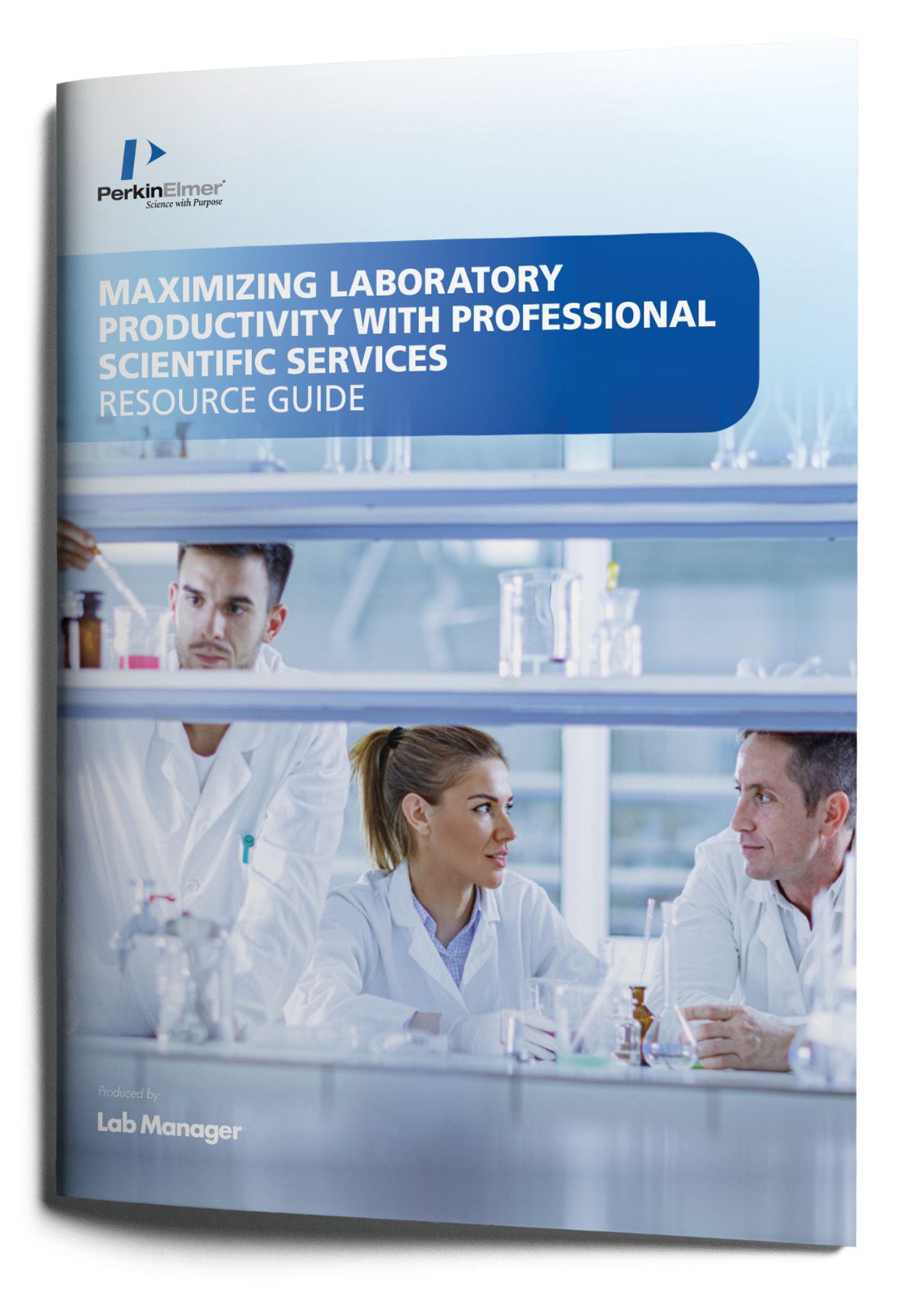Lab managers face a myriad of challenges and competing needs that hinge on streamlining operations while also ensuring flexibility, scalability, and compliance with industry standards. Allocating time and resources for scientific progress and innovation becomes increasingly difficult as productivity demands grow. Strategic use of specialized scientific support services can introduce the expertise required to improve in-house operations and alleviate the burden of administrative and other non-core tasks in the lab.

Efficient laboratory operations hinge on meticulous organization, seamless workflows, optimal resource use and allocation, and adherence to stringent quality control. These measures not only enhance productivity but also minimize errors, contributing to regulatory compliance and high quality results. Scientific support can take on tasks such as compliance paperwork, optimizing and automating workflows to minimize errors, and identifying areas where a different material choice (such as a different reagent) could be used to improve results.
Professional scientific support services play a crucial role in augmenting the capabilities of lab staff. These services can support labs by providing technical expertise, training programs, proficiency testing, and access to cutting-edge technologies and methodologies. For example:
- Tasks that require specialized knowledge and skills, such as sequencing workflows or instrument calibration, can be delegated to expert teams, filling niches that can be difficult or impractical to maintain in-house. This level of expertise and dedicated focus can additionally drive process improvements.
- Leveraging services increases flexibility and scalability in staffing and resources, allowing companies to scale up or down to meet fluctuations in demand without long-term staffing commitments.
- Outsourcing to specialized services can ensure that tasks like balance verifications, pH meter calibrations, and lab automation equipment checks are done in compliance with the latest regulations and standards and with robust quality assurance processes.
- Tasks like managing lab stock reagents, bath cleaning, and sample maintenance can be time-consuming and require meticulous attention to detail. Leveraging services allows labs to allocate internal resources more efficiently towards more strategic or research-focused activities.
- A trained team focused on maintaining cleanliness, regulatory compliance, safety checks, documentation, and maintenance can save the lab costly repairs and downtime, and staff time (which reduces their capacity for specialized scientific work)
- Researchers with experience aligned with your lab can eliminate additional training time and provide the extra manpower needed to complete specialized tasks on an “as needed” basis
- Bolstering the lab with trained staff to oversee workflows, manage materials, and monitor projects frees scientists from these tasks and can reduce costly wastage. This support can also identify areas with improvement potential based on 5S lean six sigma, yielding further savings
By leveraging such support, scientific staff can stay current on the latest advancements in their field, enhance their skills, and maintain compliance. Specialized scientific support allows each person in the lab to maximize their work, focus on their area of expertise, and lends another perspective that could show where inefficiencies and wastage lie. This resource guide provides practical insights and actionable strategies to transform laboratory operations by using scientific support services. Through real-life examples, it illustrates the critical decision points leading labs to outsource key activities, highlighting the strategic benefits of such partnerships in enhancing lab productivity and scientific innovation.
Download the resource guide to learn:
- A three-pronged strategy for freeing lab resources, improving productivity, quality, and efficiency
- How to leverage support services for maximal impact in optimizing the lab environment, using examples and expert insights
- The different specialized scientific services available and how they can supplement existing infrastructure of laboratorians
- What to look for in a laboratory scientific support service to ensure the support fits the needs of your group
- Case studies of common laboratory challenges and how they were solved in real labs through support services
